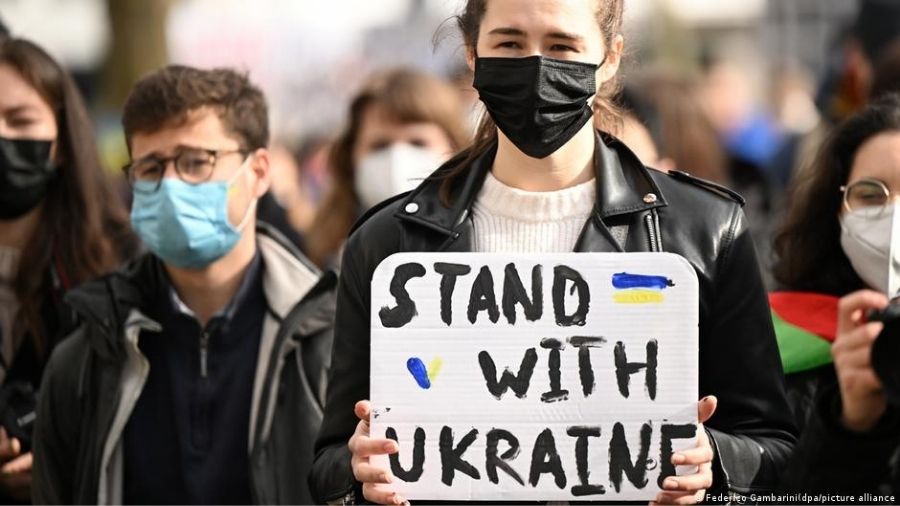It was one of the most bizarre moments of international diplomacy over the war in Ukraine. On February 25, a day after Russia had invaded its neighbour under what Moscow euphemistically called a “special military operation”, the United Nations Security Council met to vote on a resolution that was sharply critical of the aggression.
The resolution itself was dead upon arrival — Russia’s veto power meant it never had a chance. But India’s response to the resolution was telling. New Delhi abstained from the vote, a move that suggested uneasiness with the document’s tough language against Moscow. However, the statement accompanying its abstention suggested just the opposite: without naming Russia, it was a near full-throated criticism of the war.
That contradiction between India’s abstention and its statement laid bare how New Delhi’s talk of strategic autonomy can, at times, be just that: talk. Its continued dependence on Moscow for its defence needs — more than 80 per cent of India’s military equipment is from Russia — has limited India’s ability to speak its mind. After all, India has long insisted that countries respect the sovereignty and territorial integrity of others. It also has a neighbour in China that is attempting to redraw borders — on land and in the ocean — across Asia.
Still, while speeding up the diversification of its defence supplies, India must resist the pressure to automatically embrace the West as an alternative to its long-standing security partnership with Russia. The biggest takeaway of the war and the world’s response to it so far is that trade and globalization — whether it’s Russia’s weapons or the West’s dominance of financial institutions — can be weaponized against countries that don’t control the levers of geopolitical power.
There can be no disputing the brutal nature of Russia’s military campaign in Ukraine. The Russian president, Vladimir Putin, should be held accountable for the horrific bombing of cities and the death of thousands of civilians. Yet, India and many other middle powers in Africa, Latin America and Asia know well how the principles of justice have in the past been employed only selectively. Across these nations, there is deep institutional wariness about the track record of the West — and particularly of the United States of America — in either directly intervening in other countries or fomenting conditions for regime change.
The West’s response to the crisis in Ukraine will likely only increase that scepticism, even though India is unhappy about Russia’s actions. To be sure, NATO and the US have their own — very understandable — reasons for not wanting to either fight in Ukraine or enforce a no-fly zone over that country. But other friends of the US, such as India and Vietnam — which are not Washington’s treaty allies — will also conclude that there are limits to the help they can expect if, for instance, they face Chinese adventurism.
If Putin’s war in Ukraine is actually about challenging NATO’s expansion, then it’s legitimate to question the alliance’s reluctance to move from the sidelines to the centerstage in this conflict. Why is Ukraine, not a NATO member, expected to suffer the worst consequences of Putin’s clash with the West?
Meanwhile, nationalists around the world — from the left, right and every other political stripe — will see in the unprecedented sanctions imposed on Russia a preview of what could happen to their countries if they fall too far afoul of the US. No one should be surprised if the governments of India, Brazil, South Africa and other emerging powers invest in developing alternatives to the SWIFT system for international financial transactions after seeing the swiftness with which Russian banks were cut off from the mechanism. The sanctions on the dollar reserves of Russia’s central bank might spur them on to explore trade in currencies other than the dollar. Already, India and Russia are exploring oil trade in rupees and rubles. New Delhi has also started importing cheap oil from Russia.
Breaking free of the defence dependence on Russia and the US’s global financial stranglehold won’t be easy and won’t happen overnight. Yet the war in Ukraine is a reminder that strategic autonomy is ultimately about India having real choices — where its words match its actions on the global stage.
Charu Sudan Kasturi is a senior journalist who writes on foreign policy and international relations










